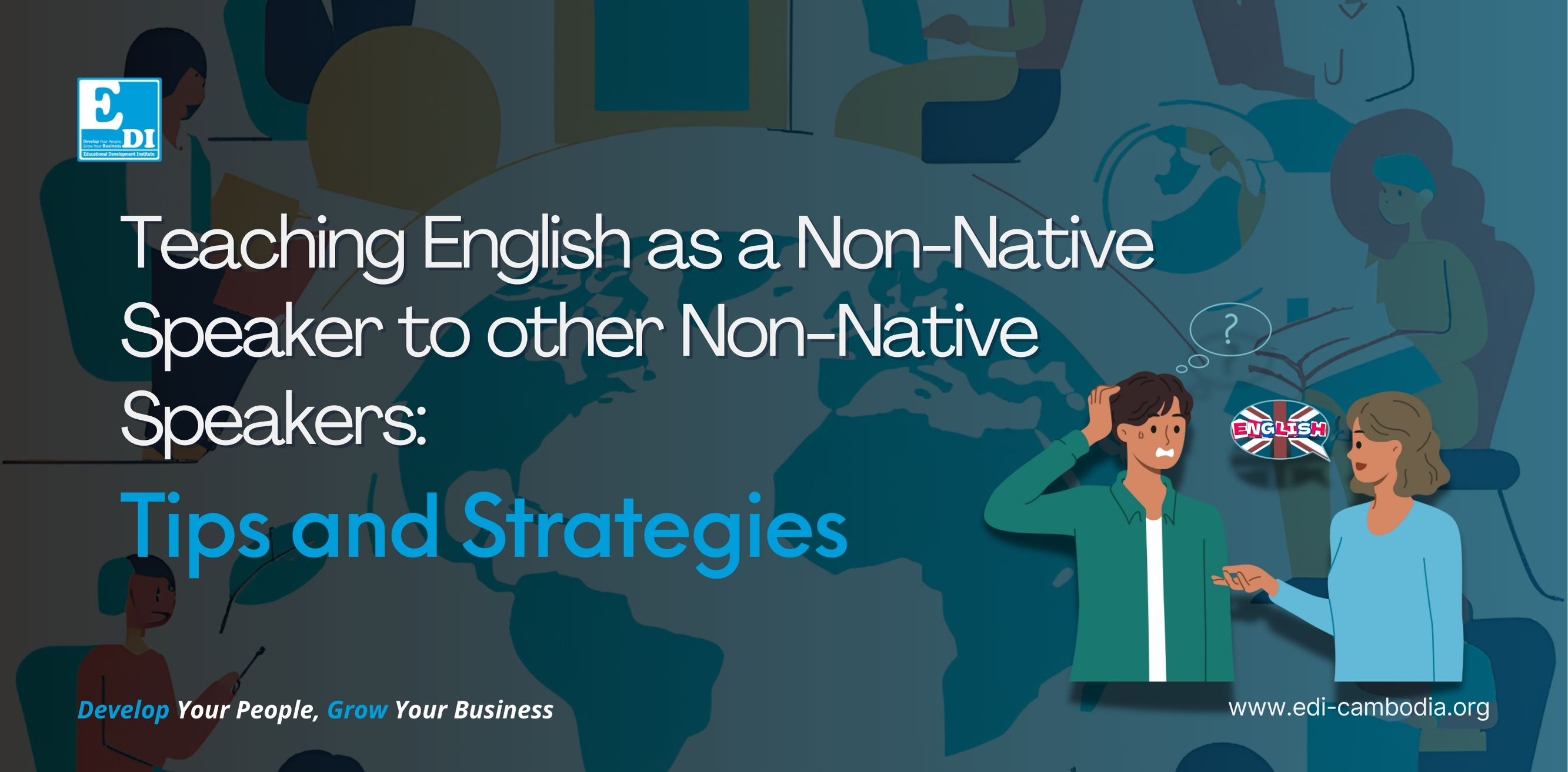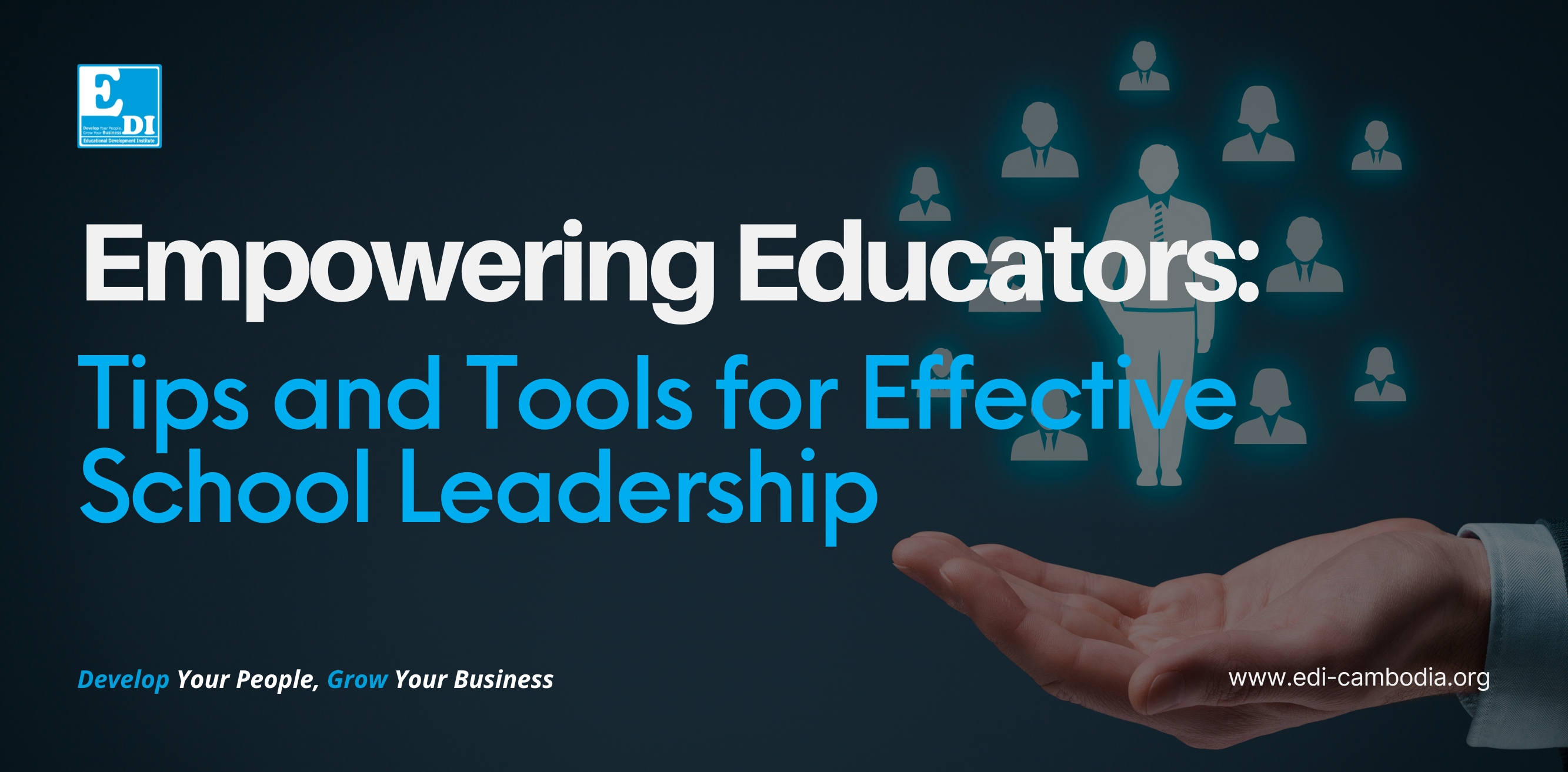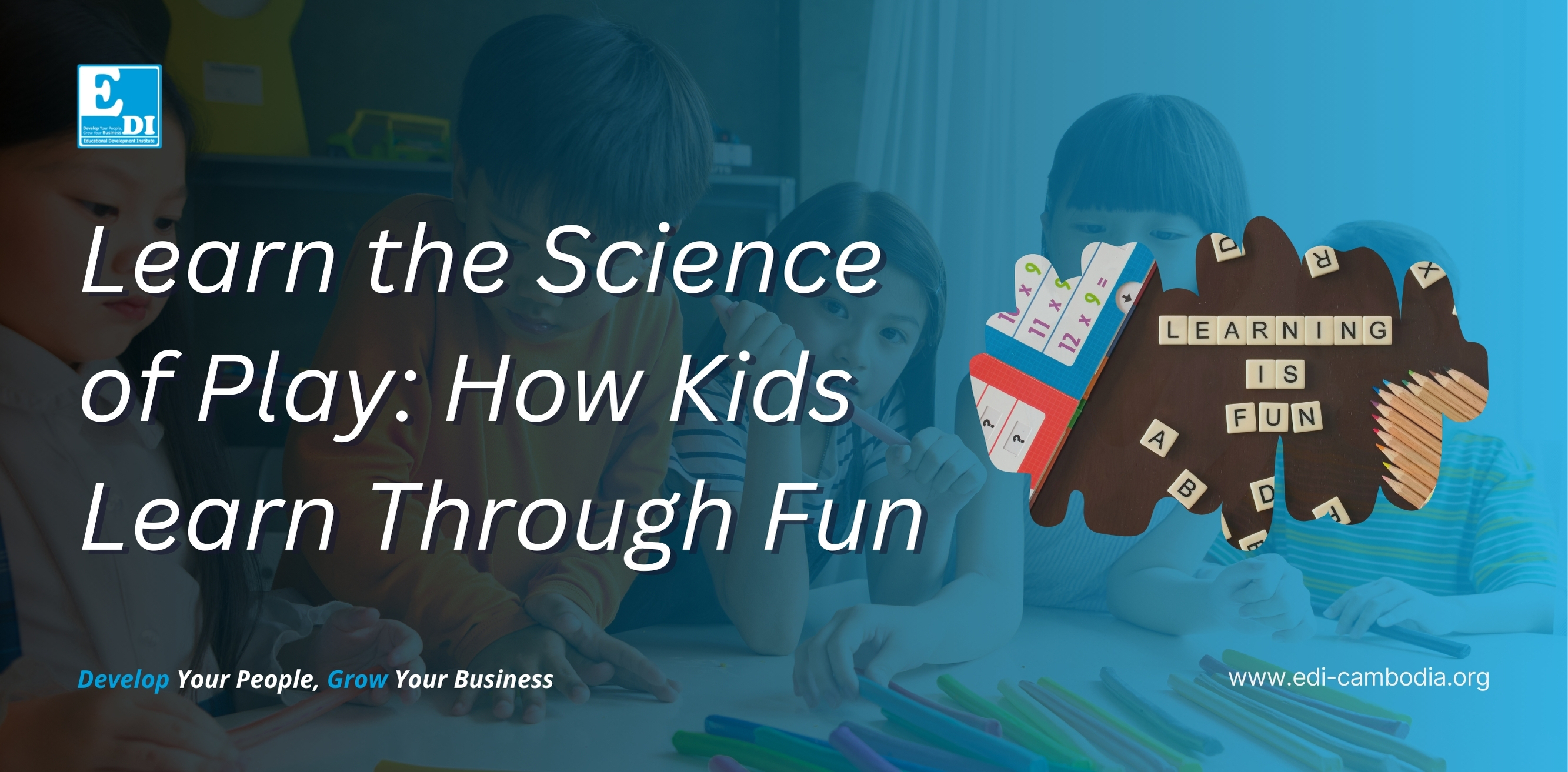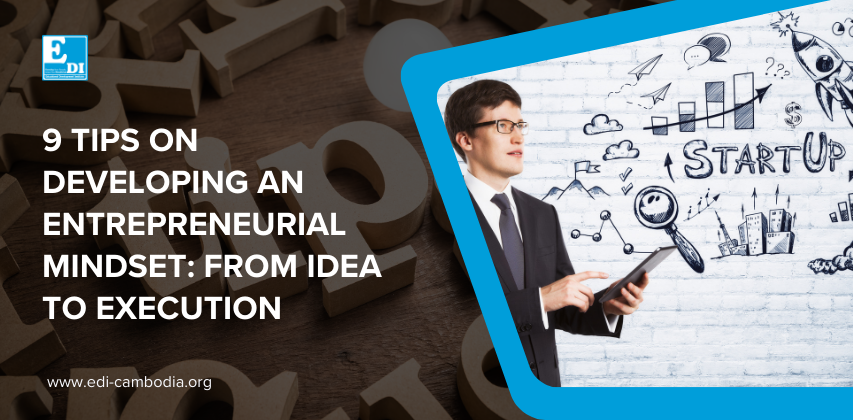In recent years, technology has dramatically reshaped numerous sectors, with education being one of the most significantly impacted. The integration of technology in education has revolutionized traditional learning methods, offering new opportunities and challenges for educators and students alike. This blog explores the multifaceted role of technology in education, highlighting its benefits, potential pitfalls, and the future it promises.
The Transformative Power of Technology in Education : How Technology is Changing the Education System?
Enhancing Accessibility and Inclusivity
One of the most profound impacts of technology in education is its ability to enhance accessibility and inclusivity. Online learning platforms, educational apps, and digital resources have made education more accessible to students worldwide, irrespective of geographical location, economic background, or physical disabilities.
For instance, students in remote areas can now access high-quality educational content through Massive Open Online Courses (MOOCs) and other e-learning platforms. Similarly, assistive technologies such as screen readers, speech-to-text software, and adaptive learning tools enable students with disabilities to engage with educational content more effectively.
Personalized Learning Experiences
Technology facilitates personalized learning experiences, allowing students to learn at their own pace and according to their individual needs. Adaptive learning technologies use algorithms and data analytics to tailor educational content to each student’s learning style and progress. This personalized approach helps in identifying areas where a student might be struggling and provides targeted interventions to address these challenges.
Furthermore, interactive and gamified learning platforms make education more engaging and enjoyable, fostering a more profound interest in the subjects being studied. These platforms often provide immediate feedback, enabling students to understand their mistakes and learn from them in real time.
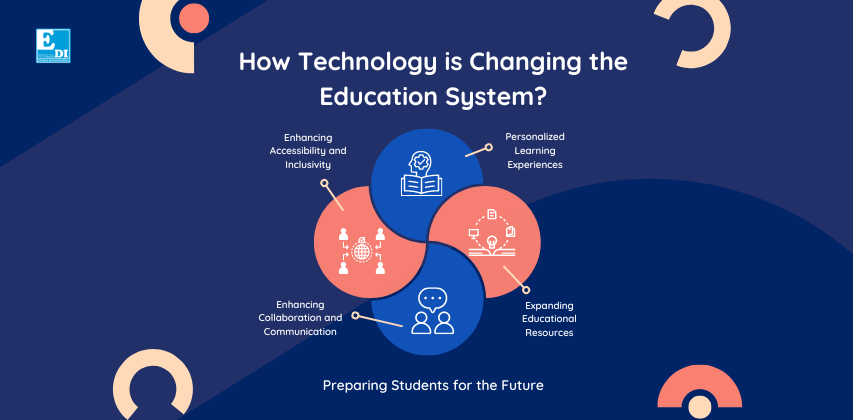
Enhancing Collaboration and Communication
Collaboration and communication are vital components of the learning process. Technology has bridged the gap between students and educators, facilitating seamless communication and collaboration through various digital tools. Platforms like Google Classroom, Microsoft Teams, and Zoom have become integral to modern education, especially in the wake of the COVID-19 pandemic, which necessitated a swift transition to remote learning.
These tools enable students to collaborate on projects, participate in group discussions, and communicate with their teachers in real time. Such interactions are crucial for developing teamwork and communication skills, which are essential for success in the modern workplace.
Expanding Educational Resources
The internet is a treasure trove of educational resources. With a few clicks, students can access a vast array of information, from scholarly articles and research papers to educational videos and interactive simulations. This wealth of resources supports diverse learning styles and preferences, enabling students to explore topics in greater depth and from multiple perspectives.
Moreover, open educational resources (OERs) provide free and easily accessible learning materials, reducing the financial burden on students and educational institutions. These resources promote equity in education by ensuring that all students have access to high-quality educational content.
Preparing Students for the Future
The integration of technology in education is also crucial for preparing students for the future workforce. In an increasingly digital world, technological literacy is a fundamental skill. By incorporating technology into the curriculum, educators can equip students with the digital skills necessary for success in various career paths.
From coding and programming to data analysis and digital marketing, technology-based education provides students with the skills and knowledge needed to thrive in the 21st-century job market. Additionally, technology fosters critical thinking, problem-solving, and creativity—skills that are highly valued by employers.
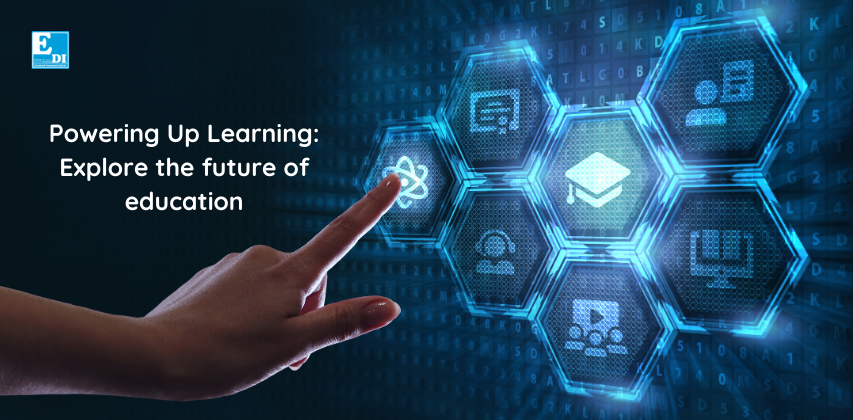
Challenges and Considerations
While the benefits of technology in education are substantial, there are also challenges that need to be addressed.
- One significant concern is the digital divide, where unequal access to technology can exacerbate educational disparities. Ensuring that all students have access to the necessary devices and internet connectivity is crucial for achieving equitable education.
- Another challenge is the potential for distraction. The same devices that facilitate learning can also be sources of distraction, with students potentially spending more time on social media and entertainment than on educational activities. Educators and parents must work together to establish guidelines and practices that promote productive use of technology.
- Furthermore, there is a need for ongoing professional development for educators to effectively integrate technology into their teaching practices. Training teachers to use new technologies and pedagogical approaches is essential for maximizing the benefits of technology in education.
Technology in education is not just a trend but a transformative force that is reshaping how we learn and teach. By enhancing accessibility, personalizing learning experiences, fostering collaboration, expanding educational resources, and preparing students for the future, technology holds the promise of a more inclusive, engaging, and effective educational system. However, addressing the challenges associated with its integration is crucial to ensure that the benefits of technology in education are realized by all.
As we move forward, it is imperative that educators, policymakers, and technology developers work together to create a balanced and equitable educational landscape where technology serves as a powerful tool for learning and growth. The future of education is undoubtedly intertwined with technology, and by harnessing its potential, we can create a brighter, more informed, and more connected world.
At EDI, we help teachers and educators who want to learn the latest technological integrations in education with our course on “Technology in education”. This course aims to equip educators with the knowledge and skills to effectively integrate technology into their teaching practices. You will be able to explore a variety of EdTEch tools and platforms, including learning management systems, digital content creation tools, and online collaboration platforms.
Join our comprehensive Technology in Education course today and integrate technology to create a dynamic learning environment.
For more information please write to us at education@edi-cambodia.org or call us at 099 989 422 | 011 888 344.


.png)
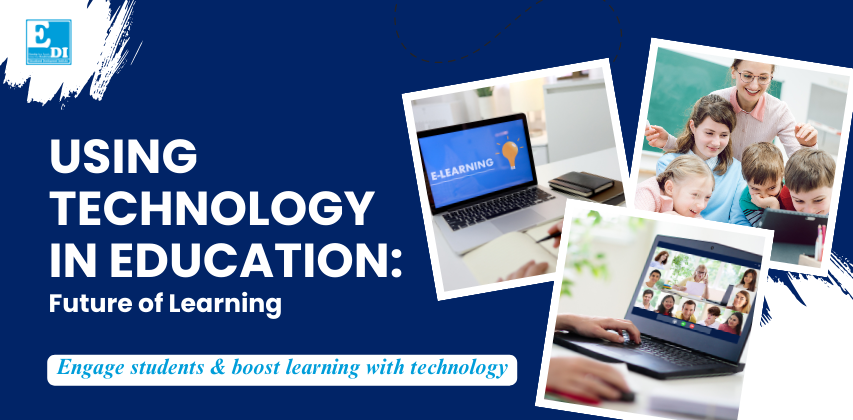



.jpg)


